National Author, Local Professor Recount Slavery’s Impact
As Dr. Clint Smith described unspeakable horrors of American slavery during United Way of King County’s Advancing Racial Equity Series event on Wednesday, he gave the local webinar audience of 550 a riveting and heart-wrenching account of the institution’s impact as penned in his popular book, “How the Word is Passed.”
Yet what was equally compelling was the chapter that Smith said didn’t make it into the New York Times bestseller.
“If there was one chapter I wish I would have written but didn’t get a chance to write was about slavery out West, because it was real. Most people who were brought out West during the 19th century were enslaved people,” said Smith.
Moderated by United Way of King County CEO Gordon McHenry, Jr., the event is the latest installment in United Way’s Advancing Racial Equity Series. The series creates opportunities for communities to listen and learn from BIPOC leaders and experts and engage in the work alongside us. The event also featured Dr. Ralina Joseph, Professor of American Ethnic Studies at the University of Washington, and Maven Gardner, a 2016 Seattle poet laureate.
Citing excerpts from his book, Smith on Wednesday told how remnants of slavery remain visible and impactful in his home state of Louisiana, from the naming of its streets and schools in New Orleans to a state penitentiary located on former plantation land. And though Washington state was admitted to the Union more than 20 years after slavery officially ended, it, along with California (both of which were admitted before slavery ended), had ties to slavery – in part because of the transport of slaves to the West Coast.
“These were people whose enslavers were bringing them over during the Gold Rush,” Smith said. “They were people whose enslavers were bringing them over to work in the Oregon and Washington territories. There is a real, profound relationship between slavery and the West Coast that does not always get the attention it deserves.”
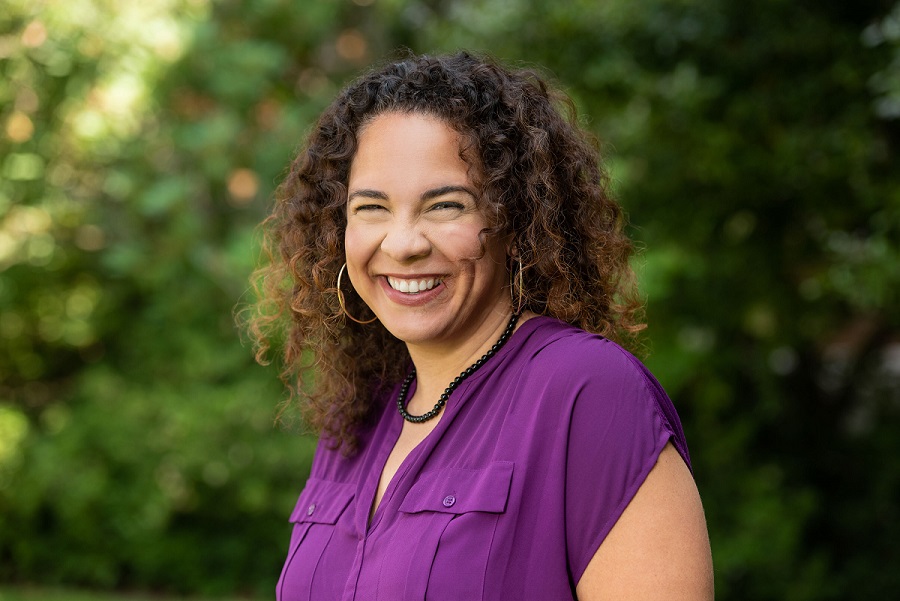
Joseph said that local educators retell the horrors of slavery as it relates to the Pacific Northwest in concert with the genocide and forced removal of Indigenous people from this area’s land, particularly in the Seattle area.
“One of the things we think about as we’re doing land acknowledgements is that they’re not just performative moments,” Joseph said, “but they’re thinking about it in very real ways [about] how we repair our relationships to indigenous communities.”
The event, incidentally, was held as the U.S. Senate defeated a voting rights bill that would have established nationwide access for voting while restoring elements of the Voting Rights Act that were eliminated by the U.S. Supreme Court during recent decisions. It underscored Smith’s assertion that the ethos that helped make slavery possible is still deeply imbedded in the nation’s political infrastructure.
“We talk about slavery as if it were something that happened in the Jurassic period, as if it were the dinosaurs and the Flintstones–that they all existed at the same time,” Smith said. “This history was just yesterday; we are, in the scope of human history, only a few generations removed from the end of one of the most egregious institutions in the history of the world.”
“The idea,” Smith added, “that someone would suggest that it has nothing to do with the contemporary landscape of inequality, the idea that someone would suggest that it is not deeply imbedded into our political, social and economic infrastructure is very clearly morally and intellectually disingenuous.”
Smith said he wrote “How the Word is Passed” for the “16-year-old version of myself,” adding that he longed for such a primer about the institution of slavery that would have explained how the Port of New Orleans was once one of the most active slave ports in the world. Both he and Joseph challenged the audience to learn more about the institution’s footprint on Seattle and King County.
“To learn about what our history is here—in Seattle, in a very localized way—is incredibly important,” Joseph said. “People are very comfortable talking about the last, recent history. But taking us further past that moment, strikes a lot of discomfort for a lot of folks.
“Talking, for example, in really substantive ways, about legacies of enslavement in terms of redlining as they show up here,” Joseph added. “What communities were we not allowed to be in, and how does that exist to this day. How does that show up in our different policing? How does it show up in our schools?”
Smith regretted that “How the Word is Passed” didn’t include the West Coast’s history of slavery, adding that the COVID-19 pandemic prevented a chapter from being written. Yet he added, “Maybe that will be a piece of its own story.”

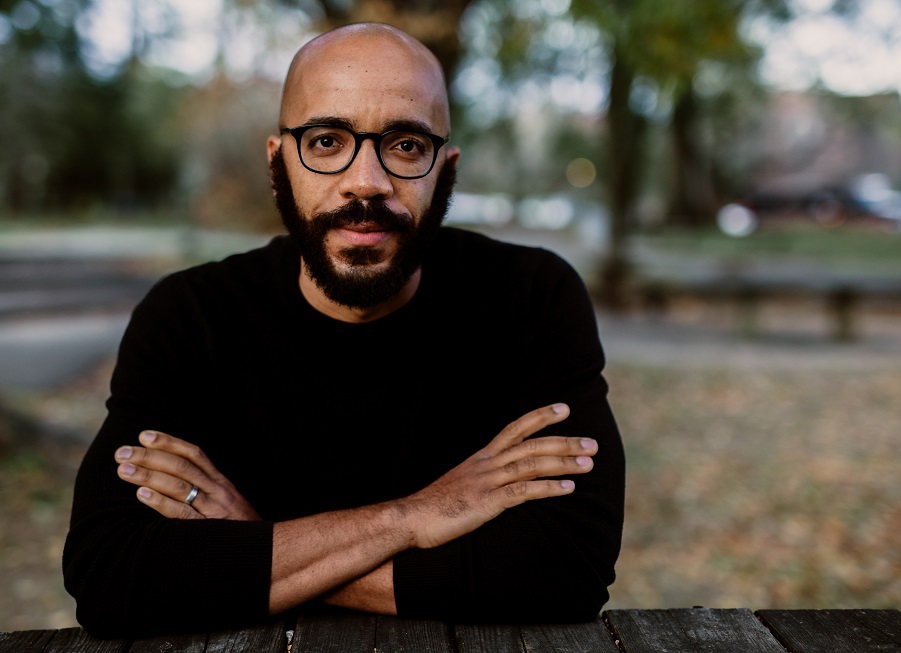
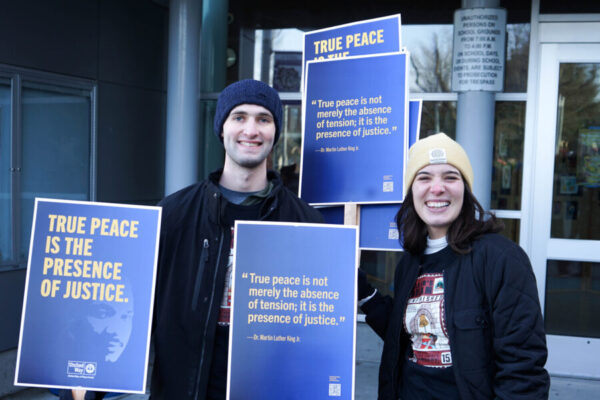
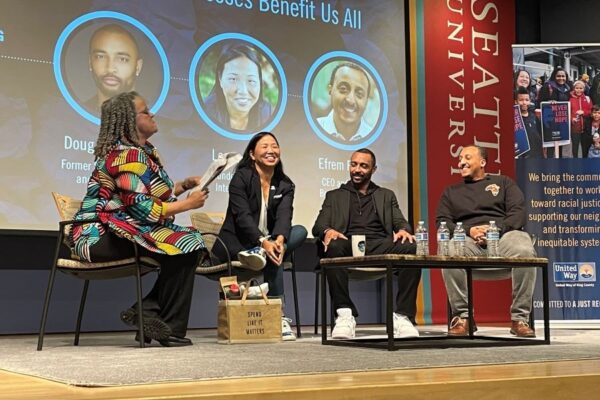
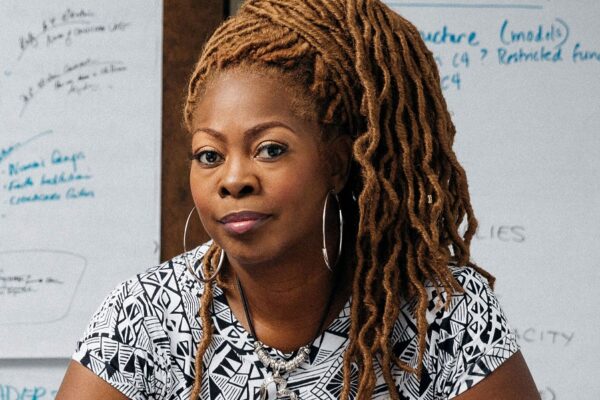
Comments